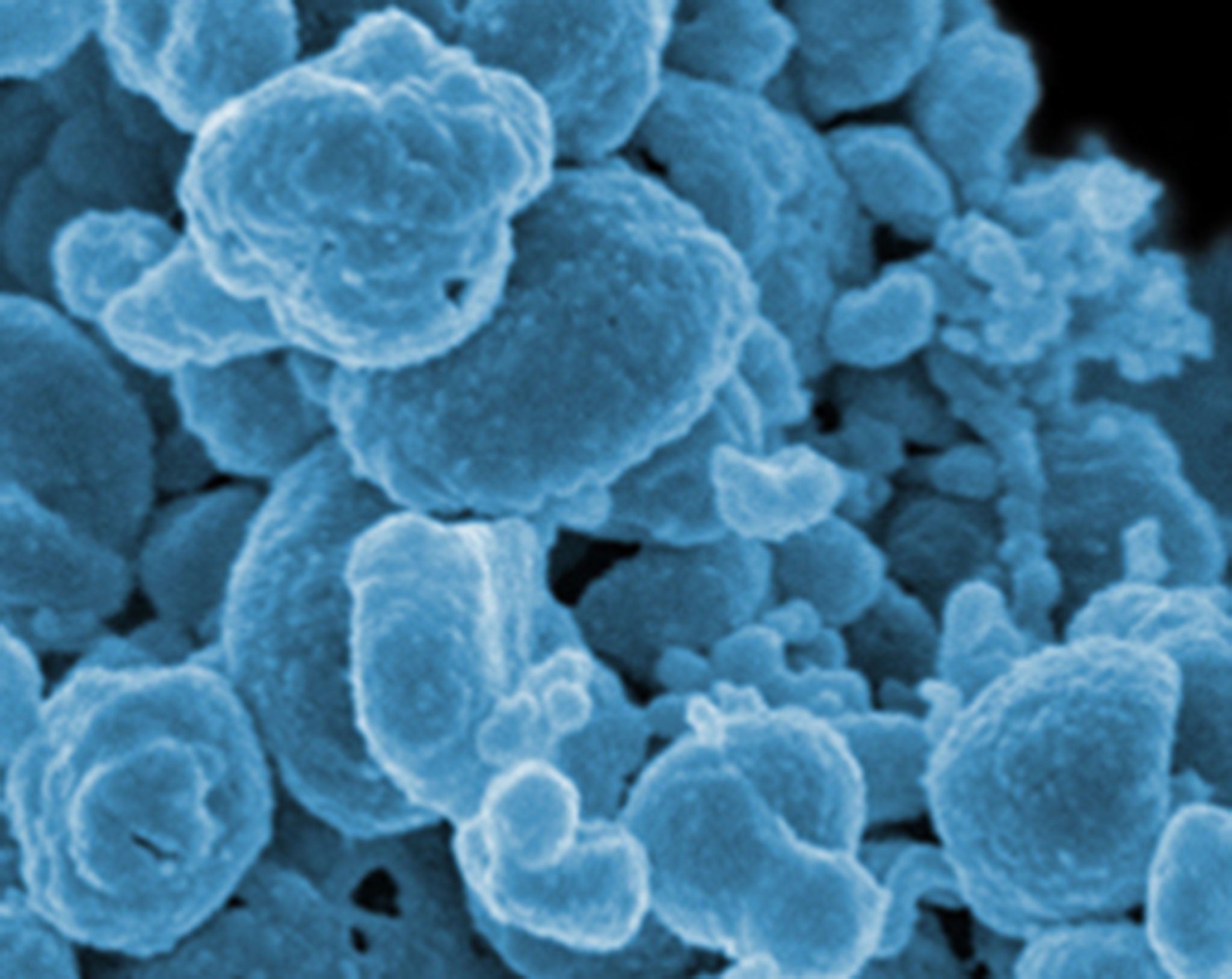Fasting for two days could regenerate the immune system, according to research
A study by the University of Southern California found that abstaining from food could trigger white blood cell regeneration

It’s often used as a quick weight loss method – but fasting could also help the body to fight off disease.
Refraining from food for as little as two days can regenerate the immune system, helping the body to fight infection, according to a new study.
Scientists at the University of Southern California said the findings could have major implications for the elderly and people suffering from damaged immune systems, such as cancer patients.
Researchers tested the effects of fasting for two to four day periods over the course of six months on both mice and humans.
In both cases, long periods of not eating significantly lowered white blood cell counts.
And in mice, each cycle of fasting then “flipped a regenerative switch” that triggered stem cell-based regeneration of new white blood cells, thereby renewing the body’s defence system.
Valter Longo, Professor of Gerontology and the Biological Sciences at the University of Southern California, said:“It gives the OK for stem cells to go ahead and begin proliferating and rebuild the entire system.
“And the good news is that the body got rid of the parts of the system that might be damaged or old, the inefficient parts, during the fasting.”
He added: “Now, if you start with a system heavily damaged by chemotherapy or aging, fasting cycles can generate, literally, a new immune system.”
The study also found that fasting reduces levels of the enzyme PKA, an effect which is known to increase longevity in simple organisms, as well as levels of the hormone IGF-1, which has been linked to ageing, tumour progression and cancer risk.
In addition, a small pilot clinical trial found that fasting for a 72-hour period prior to chemotherapy protected patients against toxicity.
“While chemotherapy saves lives, it causes significant collateral damage to the immune system. The results of this study suggest that fasting may mitigate some of the harmful effects of chemotherapy,” said Tanya Dorff, assistant professor of clinical medicine at the University of Southern California.
“More clinical studies are needed, and any such dietary intervention should be undertaken only under the guidance of a physician.”
Researchers are now carrying out further studies to investigate the link between diet and stem cell regeneration.
Professor Longo said: “We could not predict that prolonged fasting would have such a remarkable effect in promoting stem cell-based regeneration of the hematopoietic system.
“We are investigating the possibility that these effects are applicable to many different systems and organs, not just the immune system.”
Join our commenting forum
Join thought-provoking conversations, follow other Independent readers and see their replies
Comments
Bookmark popover
Removed from bookmarks